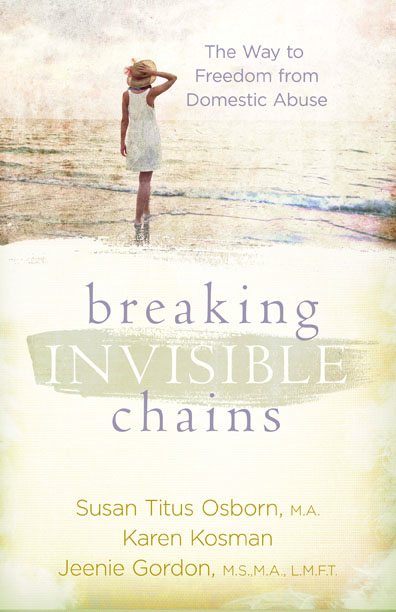Here are pitfalls 21-24. Next week you will be given the final pitfalls 25-28 that you will want to watch for. Hopefully these will help you improve your writing so your work can become published.
21. Watch for Adverbs
Instead of using a weak verb and an adverb, use a dynamic verb in the past tense. Instead of “walked slowly,” use “ambled.” By using strong verbs, you can eliminate most adverbs.
22. Watch for Tags
“He said” is a perfectly good tag and can be used often. It is usually better than “he uttered,” “he articulated,” or “he expressed.” What matters is what he said, i.e. the words within the quotation marks. You can use an occasional word like whispered, shouted, or asked, but try to keep your tags in dialogue simple. Sometimes you can eliminate them altogether if it is obvious who is speaking.
23. Watch for Noncommittal Language
Avoid tame, colorless, hesitant, noncommittal language. Try not to use words such as “little,” “so,” “very,” “just,” and most “thats.” Keep your readers interested in what you are saying by the way you say it.
24. Watch for Preachy Words
“Would,” “should,” “could,” “may,” “might,” and “can” should be used sparingly. If you preach to your audience, you will lose them. Jesus didn’t tell people what to do, nor did He use abstract concepts. He spoke in parables. He used anecdotal stories to get His points across to His audience. Try using that same technique.


